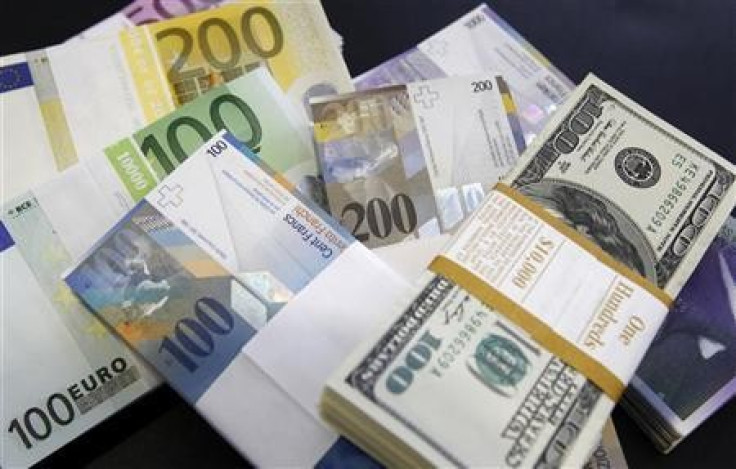Central banks watch: After US, Russian and Swiss surprises, Christmas week has nothing major in focus

Rate decision by the Turkish central bank, a couple of releases by the Bank of Japan and a speech by the bank's chief are the only central bank events scheduled for the Christmas week of 2014 with most major economies going through year-end holidays.
The dull central bank week, however, follows an eventful one which has seen the Russian central bank hiking the main rate 650 basis points in order to stabilise a nose-diving rouble and the Federal Reserve sounding not much interested in early rate hikes with inflation rates falling.
Another central bank surprise last week was the announcement by the Swiss National Bank that it would charge fees for "sight deposits". The SNB move followed the Swiss franc holding on the border line of its official floor rate versus the euro over the past few weeks.
The EUR/CHF sometimes slipped below the 1.20 rate too, forcing the central bank to opt for negative interest rates in the country.
The big economic challenges being faced by Russia have triggered a fresh wave of concerns about global economic weakening but the soft stance of the US central bank on its policy rates helped risk sentiment and most equity indices ended the past week higher.
Crude oil prices had hit new multi-year lows in the past week but gains on Friday helped the commodity end the week higher than where it opened. The WTI crude for 15 February hit a 67-month low of $53. 94/barrel on 16 December but the 6.5% rally on Friday helped it end the week at $57.87/barrel.
The calendar
The BoJ will release its monthly economic survey on 22 December which will provide clues as to how the market assesses the economic scenario of the world's third largest economy.
It is more relevant with Japanese Prime Minister Shinzo Abe having overwhelmingly won a snap election that gives him a second opportunity to lead the nation out of recession.
A recent survey by Fitch Ratings among credit market investors in the Asia Pacific showed that a majority of the investors are not expecting Abenomics to help Japan address its economic challenges effectively.
Another BoJ event is the monetary policy meeting minutes on 24 December. After the October surprise of an expansion of its monetary policy, the BoJ has not made any headlines connected to its review meetings but the details will be keenly read by the markets as usual for possible fresh guidance.
BoJ governor Haruhiko Kuroda will deliver a speech on Christmas day but the impact is unlikely to be visible immediately with most markets on holiday that day and the next.
Turkey will announce rates on Wednesday. The TCMB is widely expected to keep the benchmark interest rate at 8.25% this time with inflation risks still skewed to the upside even with the oil price slide.
The Turkish annual inflation rate edged higher to 9.15% in November from 8.96% in the previous month and 8.86% in September.
© Copyright IBTimes 2024. All rights reserved.






